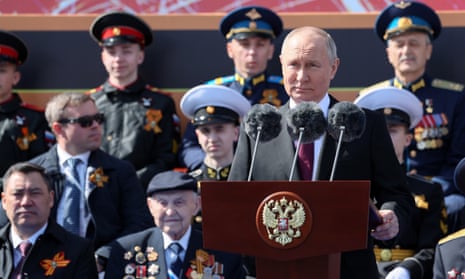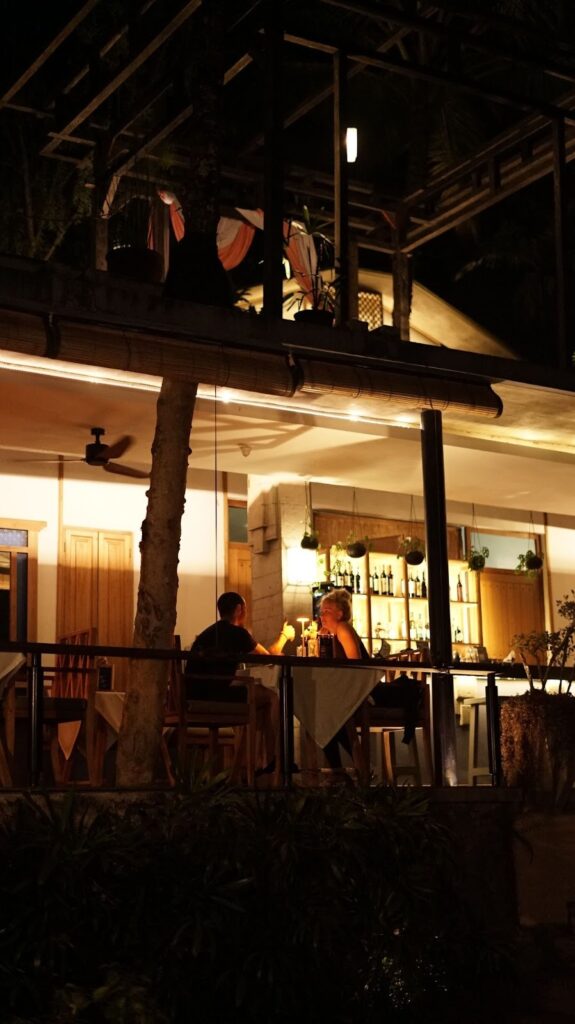Russian Media Polemics in 2025: Truth or Manipulation?
In an era where information warfare is more potent than conventional battlefields, the role of media as both a weapon and a shield has reached unprecedented levels. Russian media polemics 2025 encapsulates a volatile landscape where narratives are not just crafted but meticulously engineered to shape perceptions, control discourse, and manipulate reality. As the global audience attempts to decode the intricacies of Russian state-controlled and independent media, the real question remains: where does the truth lie, and where does manipulation begin?

The Evolution of Russian Media Polemics
Russian media has undergone dramatic transformations over the years. From the days of Soviet-era Pravda to the digital age of RT (formerly Russia Today), the media apparatus has always been a key instrument in political strategy. Russian media polemics 2025 reflect a deeply entrenched ideological struggle, where state-sponsored narratives clash with independent journalism and foreign influences.
The digital revolution has only intensified these polemics. The Kremlin’s control over traditional media remains ironclad, but the rise of decentralized platforms such as Telegram, VK, and niche online forums has diversified the battlefield. Information is now disseminated not just through official channels but also through shadowy networks that blend factual reporting with overt propaganda.
The Dichotomy of Truth and Fabrication
In 2025, Russian media operates within an intricate dichotomy—truth is selectively disclosed, and falsehoods are elegantly woven into seemingly factual reports. The following key aspects define this landscape:
1. State-Controlled Media vs. Independent Outlets
State-run television channels such as Channel One and Russia-24 remain powerful tools for mass influence. They project carefully curated narratives that align with the Kremlin’s geopolitical ambitions. On the other hand, independent outlets, though increasingly stifled by censorship laws, continue to challenge the status quo by exposing inconsistencies and highlighting suppressed stories.
2. Disinformation as a Geopolitical Weapon
The art of disinformation—once confined to Cold War intelligence operations—has evolved into a sophisticated hybrid of digital manipulation, deepfake technology, and algorithm-driven content distribution. Russian media polemics 2025 leverage these advancements to sway public opinion not just within Russia but across the globe.
3. The Role of Social Media and Cyber Tactics
Social media platforms have become conduits for both state-controlled propaganda and opposition discourse. While the Russian government maintains a tight grip on internet infrastructure, tech-savvy dissidents and foreign actors exploit encrypted communication channels to circulate alternative viewpoints. This digital tug-of-war has led to a fragmented information ecosystem where the line between authentic news and manufactured reality is deliberately blurred.
The Narratives That Shape Public Perception
At the heart of Russian media polemics 2025 are several dominant narratives, each meticulously crafted to influence different segments of the population:
- The West as the Eternal Adversary – A familiar but ever-evolving theme that positions NATO, the European Union, and the United States as existential threats to Russian sovereignty and culture.
- The Resurgence of Russian Nationalism – Emphasizing Russia’s historical strength and framing internal policies as a means of restoring national pride.
- Economic Resilience Amid Sanctions – Propagating the idea that Western-imposed sanctions have made Russia stronger, self-sufficient, and independent of foreign economic pressures.
- The Glorification of the Russian Military – Showcasing military successes and advancements as evidence of Russia’s geopolitical dominance.
- The Demonization of Internal Opposition – Branding political dissidents, journalists, and activists as foreign agents working to destabilize the nation.
Each of these narratives is strategically disseminated to maintain internal cohesion and deflect external criticism.
The Global Ramifications of Russian Media Polemics
The impact of Russian media polemics 2025 extends far beyond Russia’s borders. Western governments and intelligence agencies have grown increasingly wary of Moscow’s ability to manipulate international discourse through media influence operations.
1. Election Meddling and Influence Operations
There is mounting evidence that Russia continues to deploy media-based influence tactics to sway elections in various countries. Whether through social media bot networks, selective leaking of information, or cyber-attacks targeting political entities, the Kremlin’s strategic use of information warfare remains a major concern for global democracies.
2. The Information Arms Race
As Russia refines its media warfare capabilities, Western nations are developing countermeasures. The EU and NATO have established cyber divisions dedicated to combating misinformation and reinforcing media literacy among their populations. However, this has triggered an information arms race where both sides continuously escalate their tactics in a battle for narrative control.
3. Media Manipulation as a Diplomatic Tool
Russian media has also been used as a tool in diplomatic negotiations. By controlling public sentiment through carefully timed news releases, the Kremlin has managed to leverage international crises to its advantage, shaping diplomatic outcomes in its favor.
The Future of Russian Media Polemics
As we look beyond 2025, several trends indicate how Russian media polemics 2025 will continue to evolve:
- AI-Generated Misinformation – With artificial intelligence capable of generating hyper-realistic deepfakes and automated news reports, distinguishing between authentic and fabricated content will become increasingly difficult.
- The Expansion of Alternative Media Ecosystems – Independent media outlets and citizen journalism are likely to grow in significance, though they will face continued suppression.
- Greater Censorship and Digital Surveillance – The Russian government is expected to intensify internet monitoring, making it more challenging for dissenting voices to break through the noise.
- International Pushback – As global awareness of Russian media tactics increases, nations will invest more in media literacy programs and counter-propaganda initiatives to safeguard public discourse.
The landscape of Russian media polemics 2025 is a complex web of truth, deception, and strategic narrative control. While the lines between information and misinformation continue to blur, one certainty remains: the battle for perception is far from over. As audiences worldwide consume media with an increasingly skeptical eye, the ability to discern fact from fiction will be more critical than ever. The challenge now is not just to uncover the truth but to ensure it can still be heard amidst the cacophony of manufactured realities.


